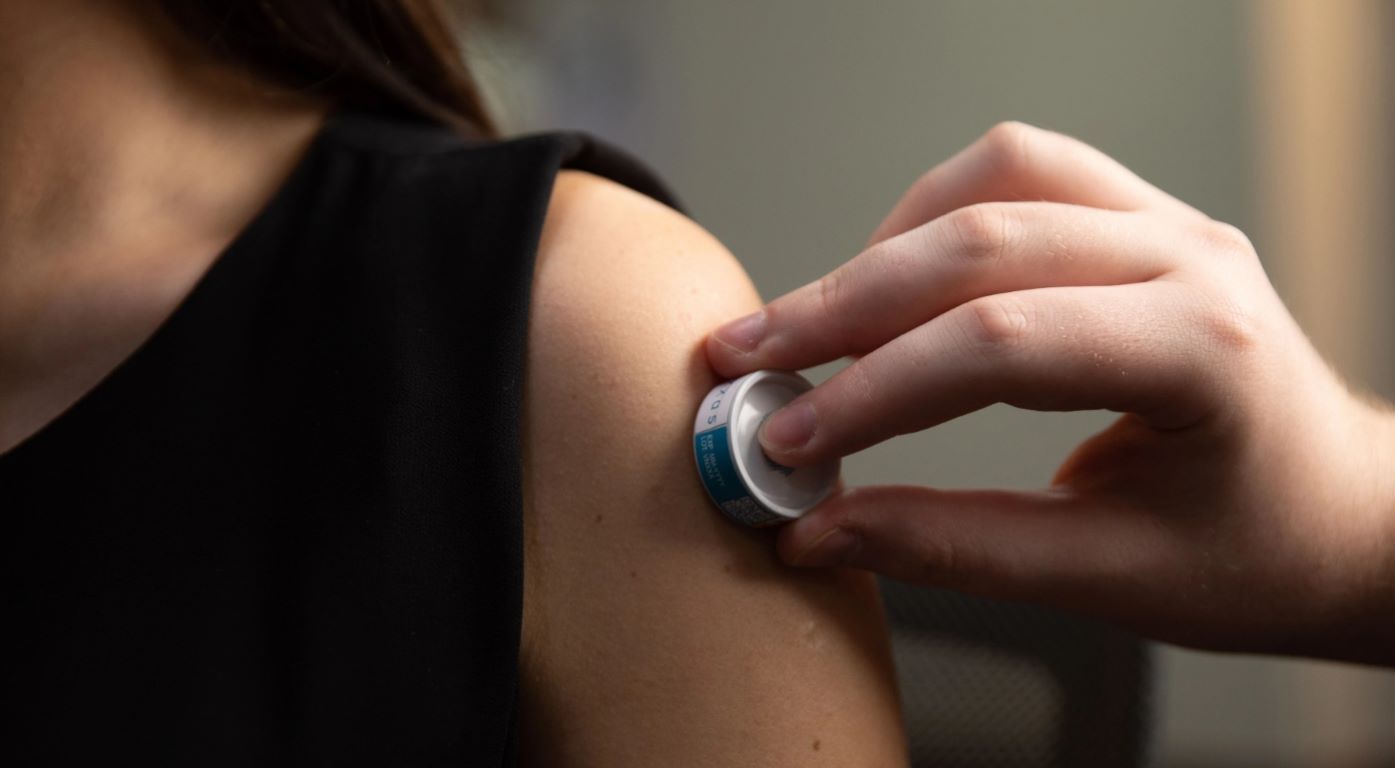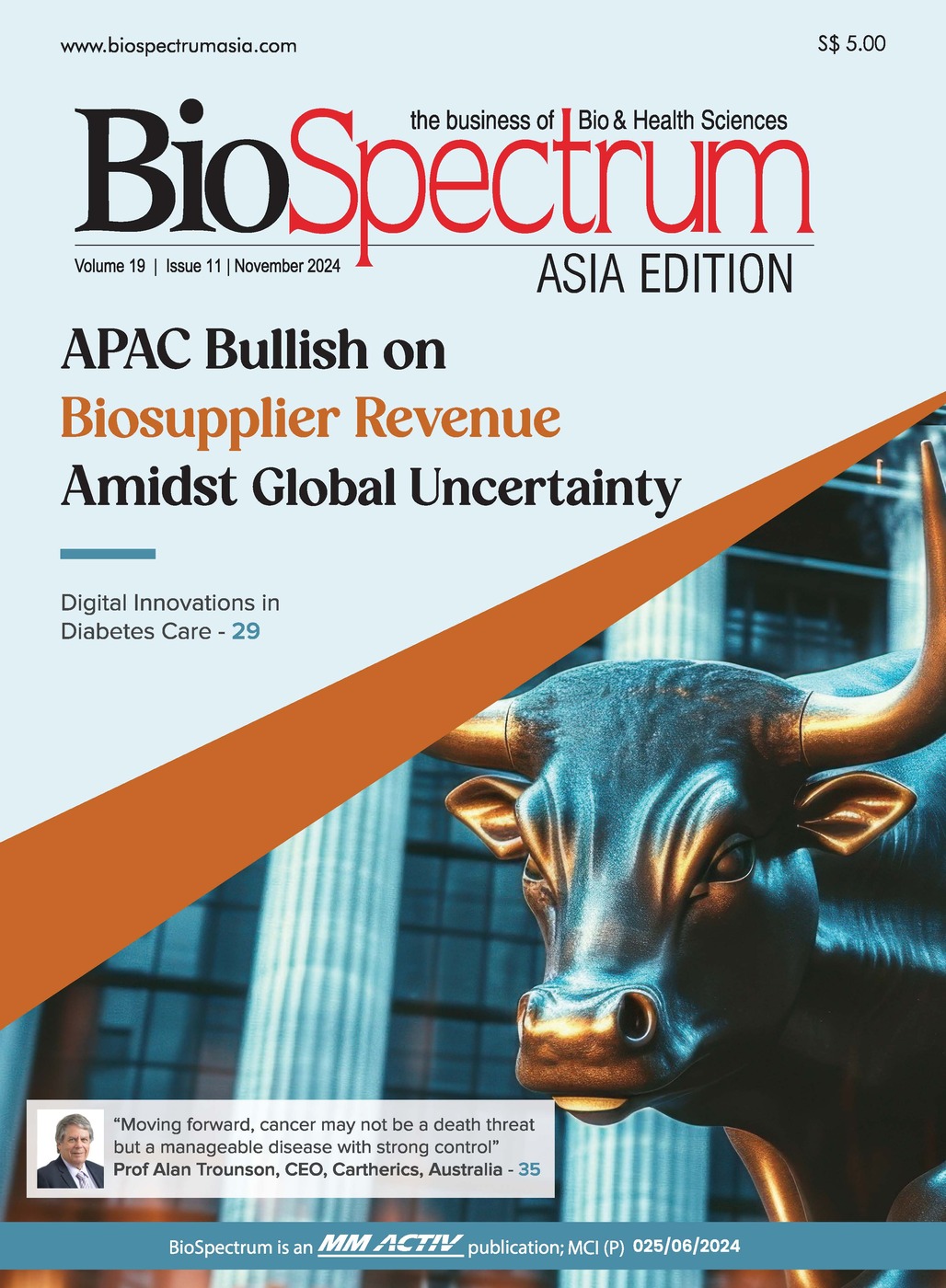Drug manufacturers take to outsourcing
03 February 2015 | Analysis | By Aishwarya Venkatesh
Drug manufacturers take to outsourcing
Pharmaceutical industry is under pressure on several fronts. There is need to be price conscious to produce cost effective drugs for the emerging market, drug pipeline is drying up affecting the revenue generation and rise of companies in emerging markets has gradually reshaped the operation model of big pharmaceutical companies. Outsourcing has turned out to be an inevitable model for cost saving strategy.
According to PricewaterhouseCoopers (PwC), China could overtake the US around 2025 to become the world's largest economy and will continue to grow to around 130 percent of the size of the US by 2050. India could grow to almost 90 percent of the size of US by 2050. Such explosion in economic growth would expand the pharmaceutical markets as well. PwC mentions that with rise of outsourcing pharmaceutical activities, contract manufacturing accounts for 30 percent of a company's total outsourcing activity.
Growing opportunity
Global pharmaceutical contract manufacturing market is believed to generate new opportunities in years to come. Global pharmaceutical companies, majority existing in the US and Europe, are facing pricing pressure and budget constraints. They are compelled to cut down cost by outsourcing manufacturing services to contract companies.
According to a report by BCC Research, global market for pharmaceutical and biopharmaceutical contract manufacturing, research and packaging was $219.9 billion in 2012. This market is estimated to have reached $242.2 billion in 2013 and may touch $374.8 billion by 2018, a five-year compound annual growth rate (CAGR) of 9.1 percent. Outsourcing of manufacturing activities provide space to pharmaceutical companies to concentrate on their research and development activities and hopefully to replenish their drying drug pipeline.
Tapping Opportunity
PharmaSource, market analysis service provider of global biopharmaceutical contract services industry, highlights that in-license drug development is a mutually beneficial deal for the companies involved and is a potential opportunity for contract manufacturers. Further detailing, PharmaSource highlights that of 230 new molecular entities (NMEs) approved between 2003 and 2013, one-third of them were in-licensed by the sponsor receiving approval. Some 66 percent of those in-licensed NMEs then were outsourced partially or completely, compared to 44 percent for internally discovered candidates.
Dr Saul Richmond, director of market intelligence, PharmSource, emphasizes that NME in-licensing is an important positive signal that a drug candidate likely will be successful and its manufacture likely will be outsourced. "Rather than fearing the consequences of a licensing deal, contract pharmaceutical development and manufacturing organizations should view announcements of licensing deals as hot business development opportunities."
CMOs need to evolve
With the shifting dynamics in pharmaceutical production, from chemical to biopharmaceutical drugs, contract manufacturers need to transform as well. Clarkston Consulting mentions that contract manufacturers who differentiate their offerings and capabilities will be able to retain customers and grow their business within this highly competitive marketplace. "Those that are able to adapt quickly, by taking advantage of the transformative nature of the industry, will position themselves as market leaders," a Clarkston Consulting report states.
Market being fiercely competitive, CMOs are facing narrow profit margins and are looking beyond conventional business model. Clarkston Consulting notes that in the years ahead, more CMOS will consider opportunities to provide services and support further upstream in the drug development process. Besides, some CMOs are also looking at project-based consulting and development activities, shifting to contract development and manufacturing organizations (CDMO).
With the narrowing budget of sponsor companies and high return expectations of investment, CMOs need to grow with differentiated services to produce cost-effective drugs.
Rising opportunity in biologics
According to a report by Datamonitor, the volume demand for biologics active pharmaceutical ingredients (API) from 2011-2017 is set to show a 20 percent annual increase. Combined with a boost in biosimilars, the biologics contract manufacturing market is forecast to grow nine percent per year from 2011-17. According to the market analysis, increasing demand of active pharmaceutical ingredient is driven by biologics market growth and an increase in the number of late-stage clinical trials and approved biotech products will be the biggest drivers of the biologics contract manufacturing market.
Global biopharmaceutical firm Sanofi, currently developing monoclonal antibodies, recently decided to outsource manufacturing requirements, instead of developing the capacity internally, to German firm, Boehringer Ingelheim. Boehringer Ingelheim will extend its cell culture operations for contract manufacturing to support the production of Sanofi's biologics pipeline. Sanofi is developing alirocumab, a next-generation cholesterol drug and sarilumab, a rheumatoid arthritis treatment.
Taiwan-based TaiMed Biologics received orphan drug designation from US FDA for ibalizumab, a humanized monoclonal antibody for the treatment of HIV/AIDS infection. Ibalizumab was manufactured by China's contract manufacturer WuXi PharmaTech and is recognized as the first biologics manufactured in China to receive the status of orphan drug designation from US FDA. The drug substance of ibalizumab was manufactured at WuXi's cell culture manufacturing facility and the manufacturing agreement was signed in 2012.
Analysis firm Clarkston Consulting notes that a significant reason for the increasing opportunity in contract development services is due to growth of biologics drugs. Biologics are seen as a potential therapy for major diseases for which there are currently no drugs. Since biologics developers have to concentrate on drug development, it is much wiser for them to outsource the production process. Biologics developers may lack the required infrastructure for formulation, clinical and regulatory agency submission and outsourcing to contract manufacturers who have the requisite technical and knowledge skillset would be a cost-effective model.
In biologics contract manufacturing opportunity, CMC Biologics got the deal from Portola Pharmaceuticals, a biopharmaceutical company, for development of andexanet alfa, a potential first-in class Factor Xa inhibitor antidote in Phase 3, designed to reverse the anticoagulation activity.
In increasing contract manufacturing opportunities in the domain of biologics drugs, Bristol-Myers Squibb and Lonza expanded their existing biologics manufacturing agreement. According to the agreement, Lonza will be manufacturing commercial quantities of a second Bristol-Myers Squibb biologic medicine at its mammalian manufacturing facility. Lonza also produces clinical supplies of an investigational biologics medicine for Bristol-Myers Squibb.
"Our expanded relationship with Lonza is an important example of our global manufacturing strategy to meet anticipated demand for our commercial biologics portfolio and prepare to bring our late-stage clinical assets to patients by supplementing our in-house manufacturing capabilities," commented Mr Lou Schmukler, president, global manufacturing and supply, Bristol-Myers Squibb, in a press statement.
According to a market report, the demand for biopharmaceutical contract manufacturing services is rising due to growth of biopharmaceutical drug market, rise in the biopharmaceutical development projects, and increasing capacity of contract manufacturers to manufacture commercial scale biopharmaceutical drugs for treatment of cancer, diabetes, HIV/AIDS and autoimmune disorders.
Extending manufacturing contract to a third party, National Institutes of Health (NIH) National Institute of Neurological Disorders and Stroke has offered contract to design and establish a scale-up manufacturing process for the cGMP production of the recombinant human E-selectin protein to Paragon Bioservices. The potential application of E-selectin in the clinic is based on the role that the compound plays in coordinating and responding to the immune system's activation and resulting response. NIH-NINDS research on E-selectin has been done by Dr John Hallenbeck, Chief of the NINDS Stroke Branch and a senior investigator in the Institute's Clinical Investigations Section. Dr Hallenbeck's laboratory is studying cellular regulation of ischemic tolerance and inflammatory and immune mechanisms in the initiation and progression of stroke.
Industry analyst, Mr E Langer, in his report, "Year in Review: Key Outsourcing Trends in Biopharmaceutical Manufacturing," mentions that the growth of interest in biosimilars, with more than 800 follow-on products in the pipeline, will provide significant opportunities to CMOs.
Mr Langer stated that biomanufacturers who have to reduce their in-house capabilities require additional infrastructure for biosimilars manufacturing. Since biosimilars are generics version of biologics and significantly cheaper in price, the production cost has to be maintained low. In that case, outsourcing the deal to a contract manufacturer is the best viable option for companies. "Newer entrants in the market may well follow a business model in which they license-in follow-on products from smaller players and then outsource the manufacture of those products. Indeed, CMOs are anecdotally already reporting business increases of up to 15 percent from biosimilars services," he mentioned in his report.
FDA defines cooperative manufacturing
Back in 2008, FDA had defined and detailed the acceptable terms for cooperative manufacturing arrangements for short supply, divided manufacturing, shared and contract manufacturing for licensed biologics. According to FDA, development of complex and highly specialized technology and equipment for the manufacture of biological products fosters emergence of many companies that perform only limited aspects of manufacturing processes. Consequently, many manufacturers may be interested in sharing or contracting parts of manufacturing in order to facilitate product development and manufacturing flexibility.
Cooperative manufacturing arrangements enhance the development of new products. FDA recognizes cooperative manufacturing when a biologic manufacturer seeking licensure may not have the capability or may choose not to perform all operations at an establishment under its legal ownership. Where a license applicant decides not to manufacture the biological product in entirety (beginning with raw material through final formulation, filling, packaging, and labeling), the license applicant may seek to enter into either a shared or contract manufacturing arrangement with one or more manufacturers.











